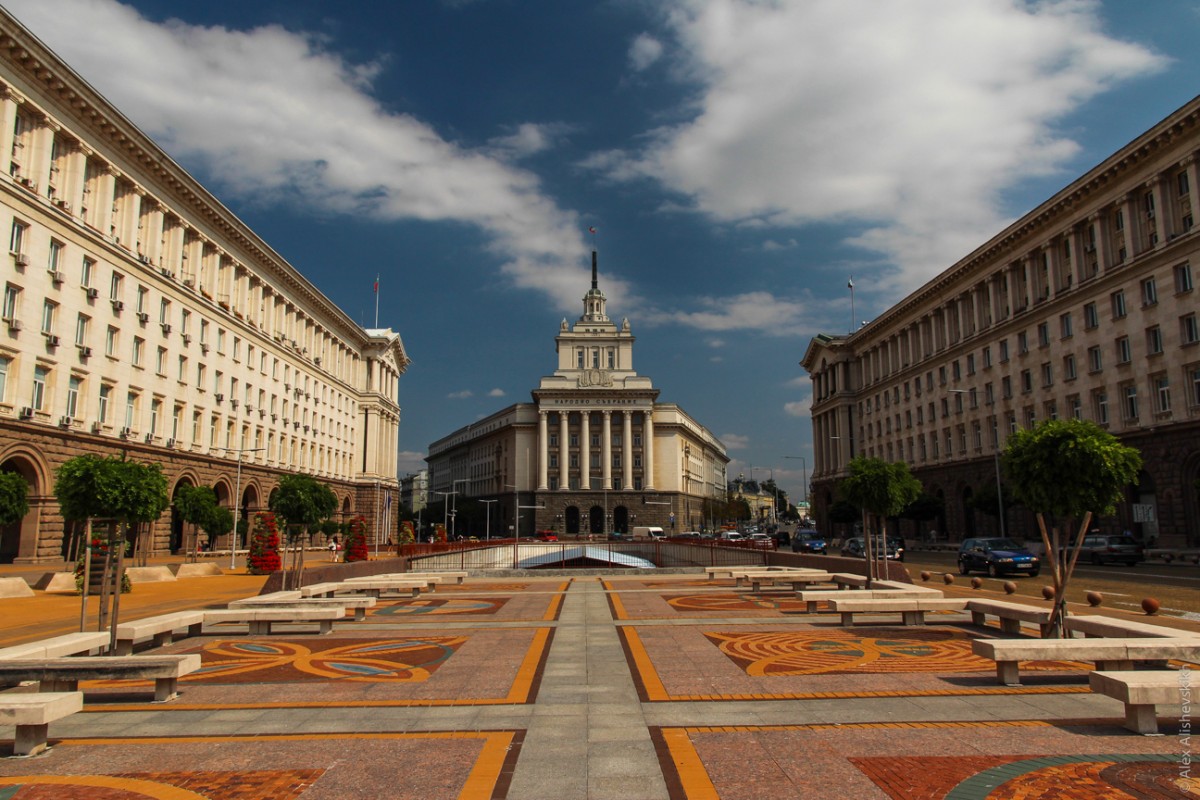Sponsored Content
OSCE's Dilemma over Bulgaria's Parliamentary Elections
The OSCE Office for Democratic Institutions and Human Rights (ODIHR) opened its election observation mission on the 2 October early parliamentary elections in Bulgaria, following an official invitation from the national authorities. The OSCE mission will face political turmoil in a country fighting corruption, threatened to be overshadowed by Russian influence and the war in Ukraine
 The Independence Square in Sofia houses the government of Bulgaria. The headquarters of the Presidency (right), the National Assembly (centre) and the Council of Ministers (left). / Picture: © Wikimedia Commons, Alex Alishevskikh, CC BY 2.0
The Independence Square in Sofia houses the government of Bulgaria. The headquarters of the Presidency (right), the National Assembly (centre) and the Council of Ministers (left). / Picture: © Wikimedia Commons, Alex Alishevskikh, CC BY 2.0
Bulgaria is a republic in southeastern Europe with a population of about 6.5 million. Bulgaria has been a member of NATO since 2004 and joined the EU in 2007.
Nevertheless, the country is struggling with problems. In the EU comparison, Bulgaria is ranked at the bottom of most indices. Although the country's economy is developing relatively well, it has to contend with a great…
or Log In
Fast News Search





